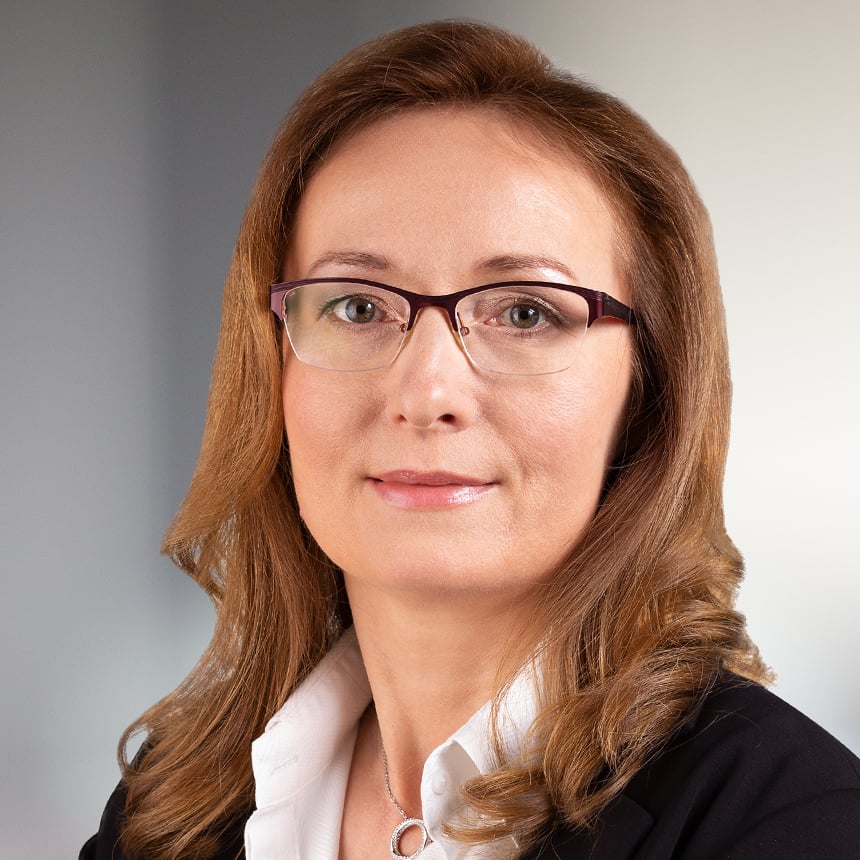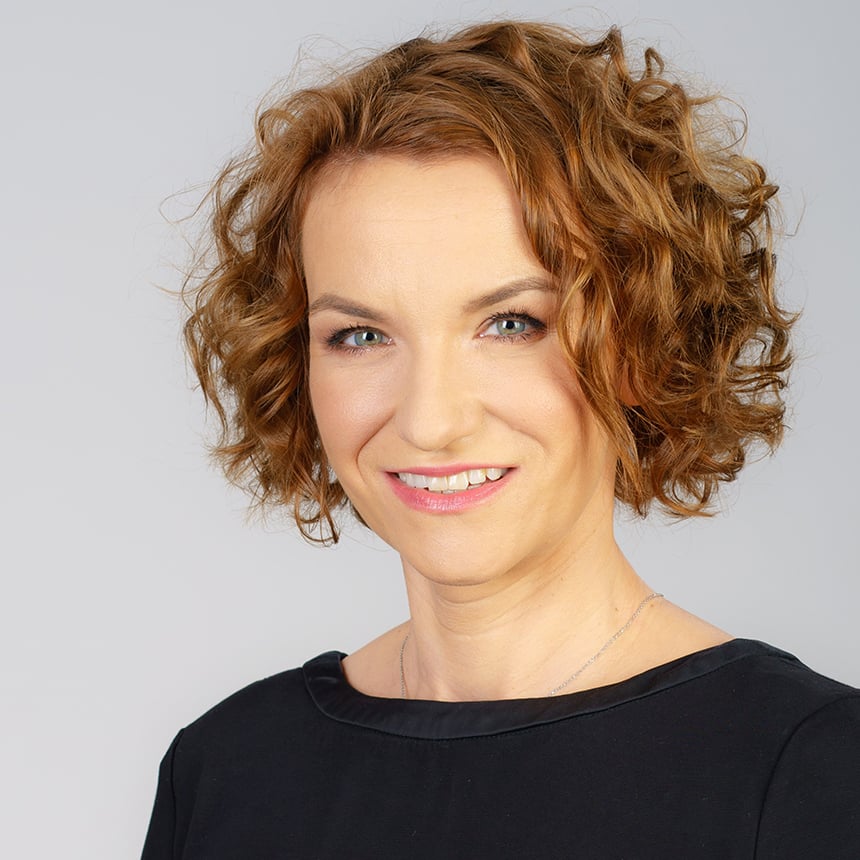Cash-based PIT – a new solution for small enterprises
The Sejm approved the cash-based PIT scheme for entrepreneurs. If the legislative process continues smoothly, the new rules will enter into force on 1 January 2025.
Under this solution, entrepreneurs running their own businesses will be able to recognize income from their activity for PIT purposes only after they have received payment for an invoice.
The cash-based PIT can only be used if certain conditions are met:
- The entrepreneur’s income in the previous tax year did not exceed €250,000
- The entrepreneur does not keep books of account
- The entrepreneur applies for the cash-based PIT by 20 February of the tax year (if the entrepreneur is starting a business – until the 20th day of the month following the start)
The cash-based PIT will only apply to income documented with invoices in B2B transactions. Revenue for tax purposes will arise at the time of payment (including partial payment), but no later than 2 years after the invoice is issued or the business activity is terminated. The entrepreneur will be obliged to keep proper records of invoices subject to the cash-based PIT.
Income from the sale of tangible or intangible assets, as well as income from related parties or entities located in countries that apply harmful tax competition, will not be subject to cash-based PIT.
Consequently, when this solution is applied, costs will also be settled for tax purposes after they are paid (subject to certain exceptions, e.g. in the case of acquisition of tangible or intangible assets).
Entrepreneurs will be able to apply cash-based PIT to different forms of taxation (scale-based, 19% flat rate, registered lump sum).
The choice of cash-based PIT will be valid for the entire tax year and will also be used in subsequent tax years, unless the entrepreneur decides to return to the standard rules.
It is the legislator’s intention that the cash-based PIT is an alternative solution for small entrepreneurs who do not receive payment for their invoices on time and have to pay the tax (regardless of the late payment legislation).
Time will tell how popular the new solution will be. Undoubtedly, it will require the entrepreneur to carefully monitor when payments are received from contractors. For a small number of invoices, this may not be particularly difficult, but for a large volume of small transactions, where payments are made at different times, the workload may be disproportionate to the benefits gained.
KONTAKT
E: aleksandra.kalinowska@pl.Andersen.com
T: +48 22 690 08 70
M: +48 724 440 693
E: elzbieta.lis@pl.Andersen.com
T: +48 32 731 68 58
M: +48 664 948 038



